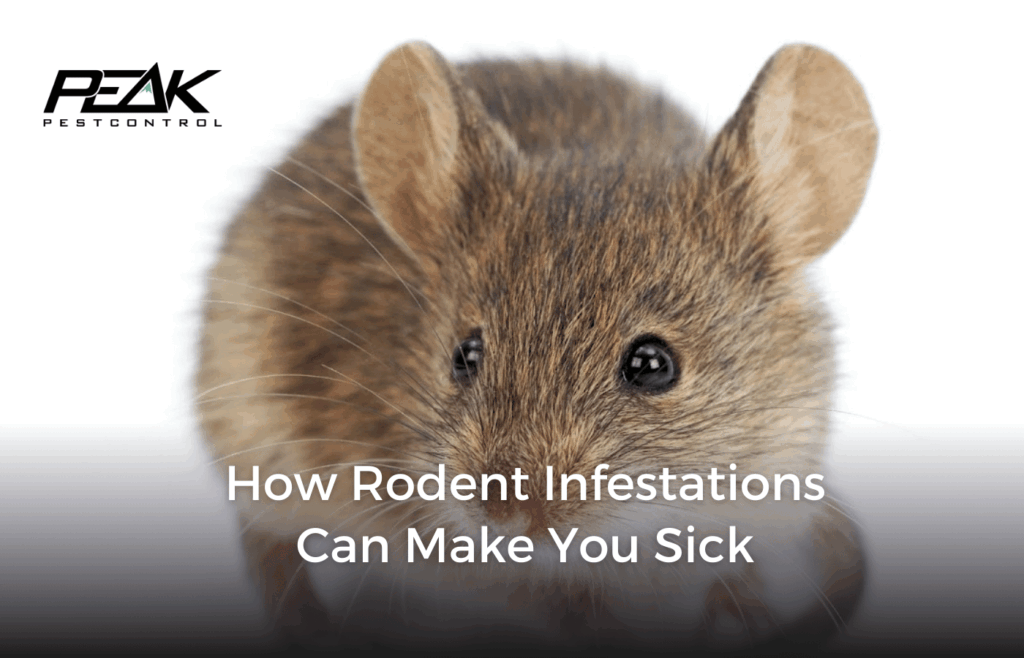Rodents in the home are not only unpleasant; they can be health hazards. They do have the capability to damage your living space and spread diseases, thus making it a necessity to keep tabs on rodent control. The capability of comprehending health risks that may arise from an infestation by rodents is at the very heart of your house safety. In this blog, various ways rodents can make you ill will be examined; it will also give a few tips on how to protect yourself and your family from possible threats. By being informed, you’ll take the appropriate steps to ensure a healthier home environment.

Hantavirus and Other Diseases
Of the many diseases rodents are capable of transmitting, a serious one is hantavirus. It exists in droppings, urine, and saliva of infected rodents. When such substances become airborne, the organism could be inhaled through respirations, thus infecting humans. Symptoms involve fever, muscle aches, and fatigue, which can escalate to severe respiratory problems.
Salmonella and Food Contamination
Rodents often seek food sources, and their presence in kitchens and pantries can lead to food contamination. They can spread salmonella, a common bacterial infection. This happens when rodents leave droppings near food or food preparation areas. Consuming contaminated food can cause severe gastrointestinal issues, including diarrhea, fever, and abdominal cramps.
Allergic Reactions and Asthma
Rodent infestations can also trigger allergic reactions and worsen asthma symptoms. Rodent droppings, urine, and dander can become airborne, irritating the respiratory system. Individuals with allergies or asthma may experience increased symptoms such as sneezing, coughing, and shortness of breath.
Leptospirosis and Other Bacterial Infections
Rodents can carry bacteria that cause leptospirosis, a disease that affects both humans and animals. This infection is spread through contact with water or soil contaminated with rodent urine. Symptoms can range from mild flu-like signs to severe conditions affecting the kidneys and liver. Early and effective rodent control is essential to prevent this type of infection.
Effective Rodent Control Measures
To protect your home and health, implementing effective rodent control measures is vital. Start by sealing any entry points where rodents might enter. This includes gaps around doors, windows, and pipes. Regularly clean your home, paying special attention to food storage areas. Keep food in sealed containers and dispose of garbage promptly.
Using traps and baits can help reduce rodent populations indoors. However, for severe infestations, contacting a professional pest control service may be necessary. These experts can provide thorough inspections and targeted treatments to eliminate the problem.
Take Back Your Space: Defend Against Rodent Invaders for a Healthier Home!
Rodent infestations are not just a minor inconvenience; they can cause significant property damage and pose serious health risks. Diseases like hantavirus, salmonella, and leptospirosis, along with triggering allergies and asthma, highlight the importance of maintaining a rodent-free home. By understanding these risks and implementing effective rodent control measures, you can protect yourself and your loved ones. Regular home maintenance and, when needed, professional pest control services are essential in safeguarding your health and maintaining a safe living environment.
Ready to secure your home from unwanted guests? Contact Peak Pest Control today for top-notch rodent control in Reno. Our team is dedicated to ensuring your environment is safe and rodent-free. Don’t wait until it’s too late, safeguard your health and peace of mind with us now!


